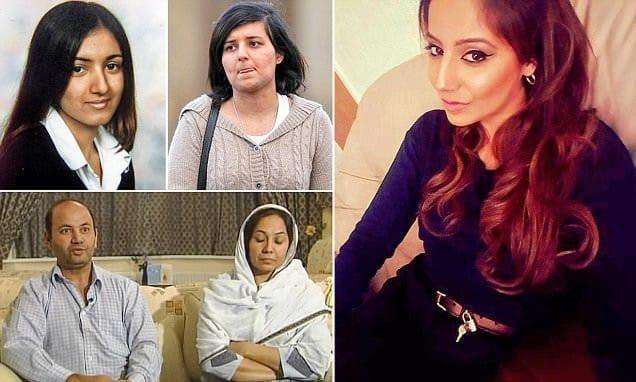After it became apparent that an NHS trust "minimized or omitted" important details of the substantial risk Nottingham killer Valdo Calocane presented to others, services that provided care for him before to his attacks have been accused of having "blood on their hands."
Calocane, who suffers from paranoid schizophrenia, killed caregiver Ian Coates, 65, in June 2023 after fatally stabbing pupils Barnaby Webber and Grace O'Malley-Kumar, both 19 years old.
Following the acceptance of his manslaughter plea by the prosecution in January, he was placed under detention in a high-security facility, "very probably for the rest of his life" due to diminished responsibility.
The last of a three-part review by the Care Quality Commission (CQC)
has examined how the Nottinghamshire Healthcare NHS Foundation Trust
(NHFT) handled the care of 32-year-old Calocane before the killings.
It found that from May 2020 until September 2022, risk assessments by the trust played down the fact Calocane was refusing to take his medication and was having ongoing and persistent symptoms of psychosis.
The regulator said that while some risks were highlighted, other assessments "minimised or omitted key details".
It added that a decision to discharge the attacker back to his GP in 2022 was made despite there being evidence beyond any real doubt that Calocane would "relapse into distressing symptoms and potentially aggressive behaviour".
It was also revealed Calocane had been detained in hospital four times under mental health laws before the attacks.
The CQC said there appeared to have been "a series of errors, omissions and misjudgements" in Calocane's care.
Chris Dzikiti, the watchdog's interim chief inspector of healthcare, said: "This review identifies points where poor decision-making, omissions and errors of judgements contributed to a situation where a patient with very serious mental health issues did not receive the support and follow up he needed."
He said while it was not possible to say that the events in June last year would not have taken place if Calocane had received the support he needed, it is clear "that the risk he presented to the public was not managed well and that opportunities to mitigate that risk were missed".
"For the individuals involved, their families and loved ones, the damage cannot be undone," Mr Dzikiti added.
The CQC questioned the trust's communication with Calocane's family, who had expressed worries about his mental health on several occasions.
The review's conclusions, according to the victims' families, make for "devastating reading".
"This report demonstrates gross, systemic failures in the mental health trust in their dealings with Calocane; from beginning to end," they stated in a joint statement.
"Both before and after June 2023, numerous organizations let us down. There is blood on the hands of these departments, as well as individual professionals, and the police forces of Leicestershire and Nottinghamshire.
"Alarmingly, there seems to be little or no accountability amongst the senior management team within the mental health trust. We question how and why these people are still in position."
The families confirmed that a public inquiry will be held to examine the events which led to the attack, after they met with Health Secretary Wes Streeting and Attorney General Richard Hermer.
The special review of mental health services at NHFT was ordered by then health secretary Victoria Atkins in January after Calocane was convicted.
In the findings published on Tuesday, the CQC said from when Calocane was under the care of the trust, it was "clear that he was acutely unwell".
He presented with symptoms of psychosis, appeared to have little understanding or acceptance of his condition and issues with taking his medication were recorded early on, the CQC reported.








.svg)




_2.jpg)
